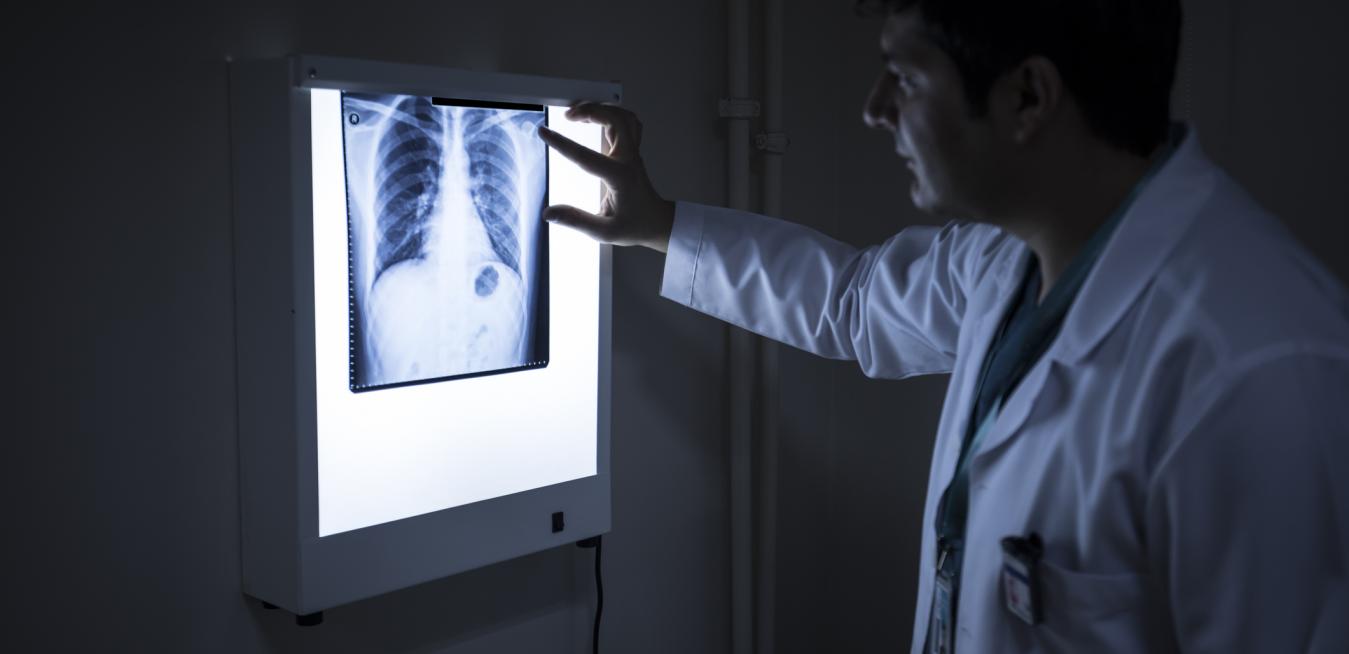The foundation’s gift will go to the COVID-19 Solidarity Response Fund, an organization set up last week by the World Health Organization (WHO) and administered by the United Nations Foundation and the Swiss Philanthropy Foundation. The fund will collect donations from individuals, corporations and other organizations for the purpose of stopping the virus in its tracks. “It’s a bad one, and we’ve been surprised by it,” Barash says.
Given the swift spread of the disease, the foundation felt that the most expedient way to provide assistance was with a financial gift, and it voted unanimously on Monday to provide the funds. “This needed to be an immediate response,” Barash says.
GE’s donation will go toward WHO’s Strategic Pandemic Response Plan, which seeks to curtail the spread of COVID-19. Among other things, the plan aims to increase lab capacity and critical supplies, protect vulnerable patients and frontline health workers, set up intensive care units, and coordinate research and development of life-saving products. The gift will also go toward improving community engagement.
The GE Foundation’s pledge is likely not the last one it will make in the war on COVID-19, says Barash: “We are continuously looking at where we may be able to do something that’s meaningful for the response.”
 “This needed to be an immediate response,” says GE Foundation's Barash. Top and above images credit: Getty Images.
“This needed to be an immediate response,” says GE Foundation's Barash. Top and above images credit: Getty Images. This is not the first time the GE Foundation has stepped in to assist during a large-scale human catastrophe, Barash says. The organization has provided funds and equipment donations in response to the damage wrought by Hurricanes Matthew, Dorian and Harvey, and donated ultrasound equipment to on-site medical staff in West Africa during an outbreak of the Ebola virus in 2014. It also supported the Australian Red Cross this past winter as wildfires scorched more than 25 million acres in New South Wales, Australia. “Response to crisis and preparedness is in our DNA,” Barash says. “We typically respond to natural disasters, public health crises like COVID-19, humanitarian crises. We respond in a number of different ways, most typically financial, with gifts to responding organizations to enable them to effectively respond to crises.”
GE was also one of the founding members of the Private Sector Roundtable, a coalition of 20 companies that further the goals of the Global Health Security Agenda, an organization focused on battling infectious diseases.
But the COVID-19 virus is a different type of crisis given its vast scope, its devastating impact on the global economy and its ability to move quickly through human populations.
Barash, a practicing emergency physician at Beth Israel Deaconess Medical Center in Boston, says hospitals in his area and around the country are preparing as best they can for an influx of COVID-19 patients. “There is rapid preparation occurring in terms of building capacity to be able to take patients with respiratory illness, and there’s new testing capacity,” Barash says.
Facilities are also rushing to address concerns about a lack of protective equipment for healthcare workers, and the availability of beds and ventilators. “If we have a huge spike, we’ll be overwhelmed,” Barash explains. “If we can flatten the curve and delay the spread of this illness as long as we possibly can, the better chance we have of taking care of those patients with the existing capacity we have.”





